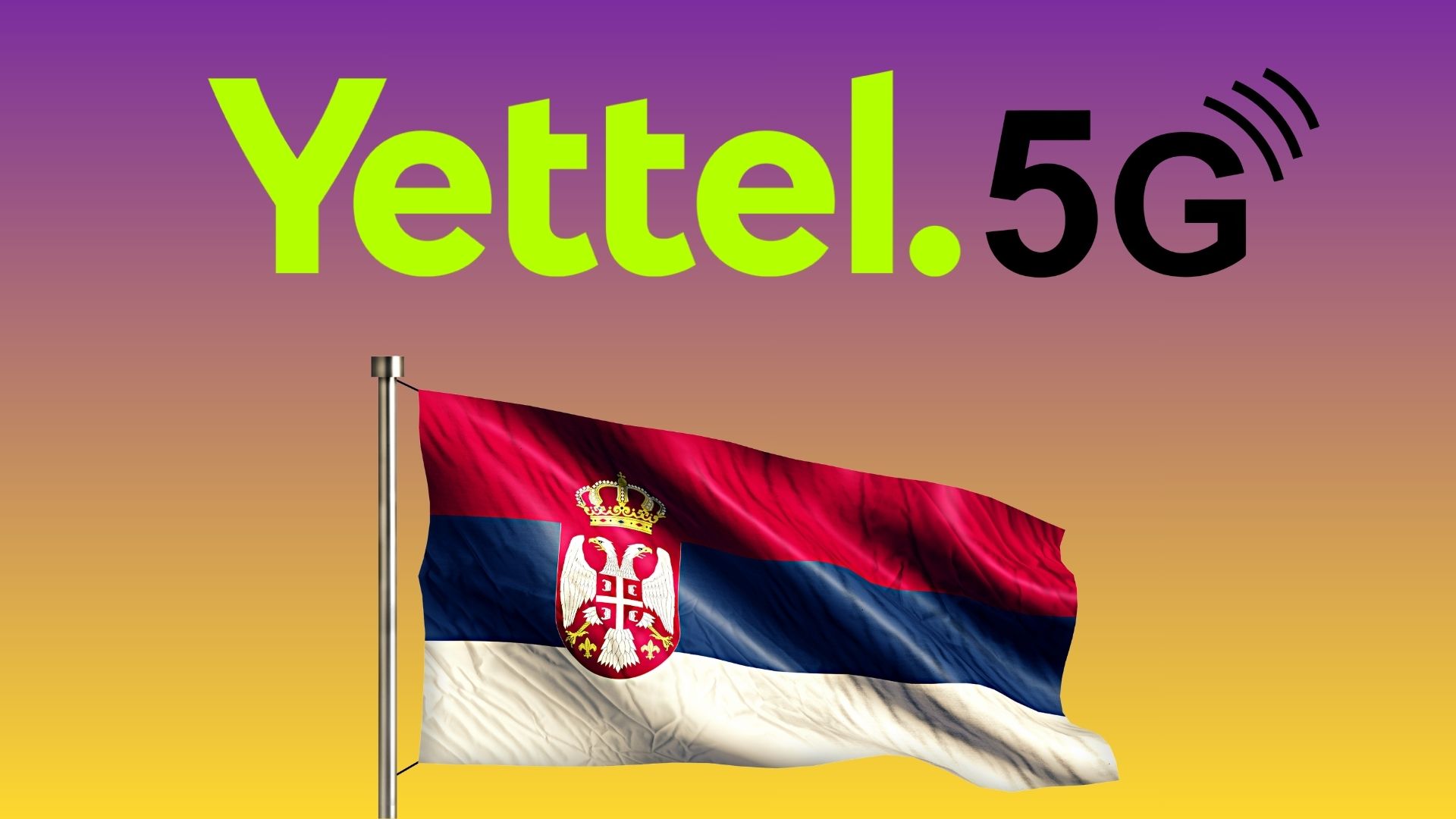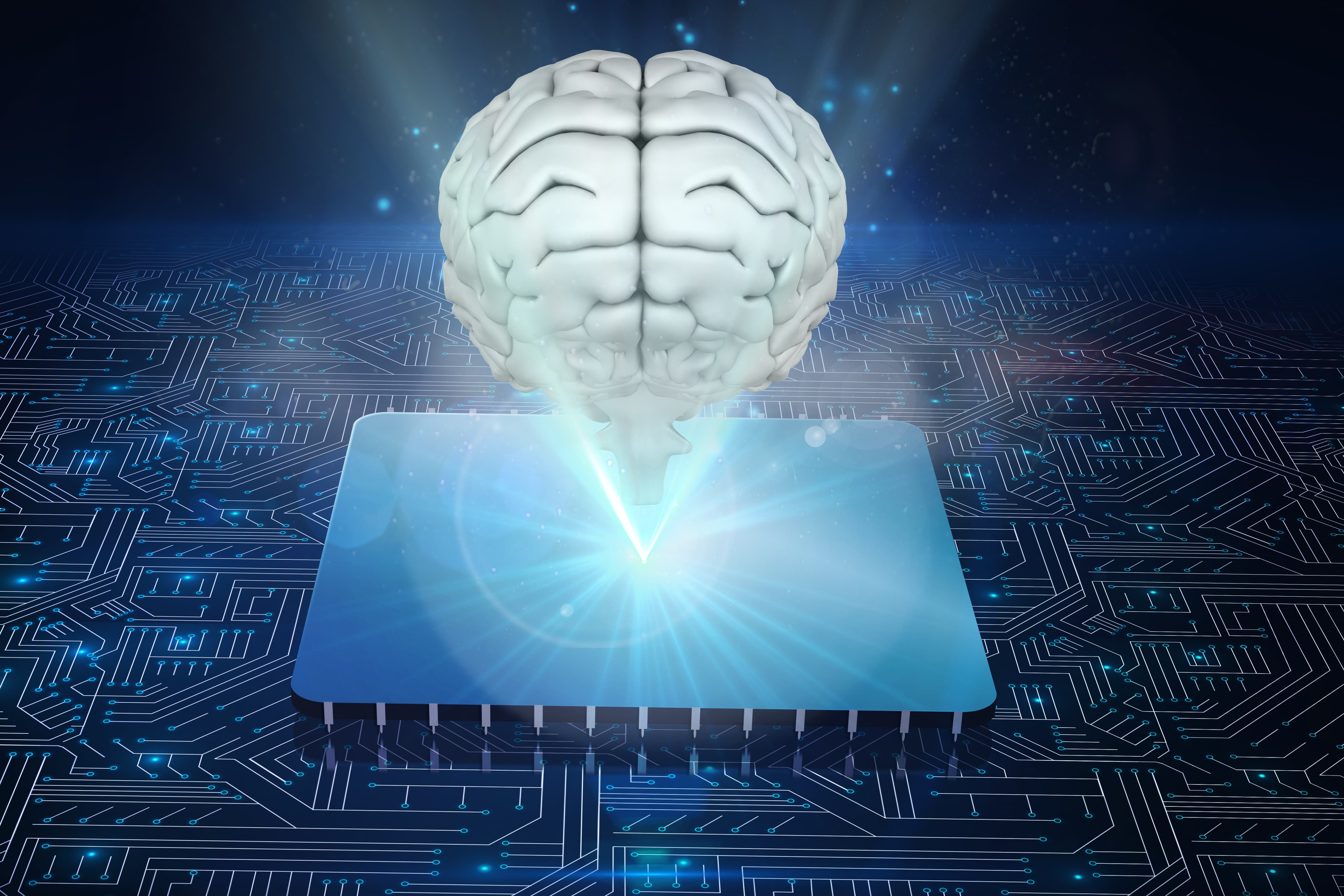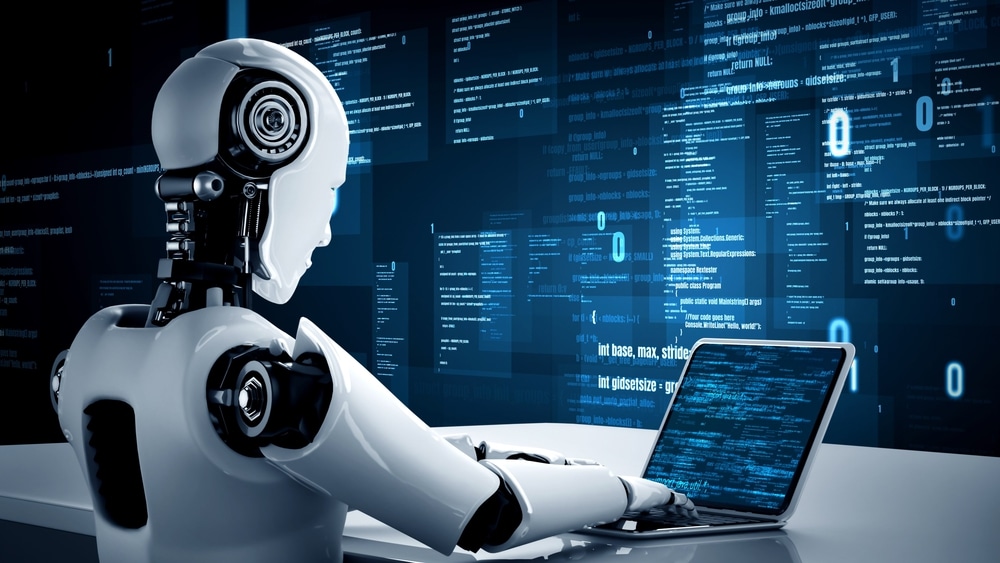The UK’s Financial Conduct Authority has launched an AI Live Testing initiative to help firms safely deploy AI in financial markets. Major companies, including NatWest, Monzo, Santander, Scottish Widows, Gain Credit, Homeprotect, and Snorkl, are participating in the first cohort.
Firms receive tailored guidance from the FCA and its technical partner, Advai, to develop and assess AI applications responsibly.
AI testing focuses on retail financial services, exploring uses such as debt resolution, financial advice, improving customer engagement, streamlining complaints handling, and supporting smarter spending and saving decisions.
The project aims to answer key questions around evaluation frameworks, governance, live monitoring, and risk management to protect both consumers and markets.
Jessica Rusu, FCA chief data officer, said the initiative helps firms use AI safely while guiding the FCA on its impact in UK financial services. The project complements the FCA’s Supercharged Sandbox, which supports firms in earlier experimentation phases.
Applications for the second AI Live Testing cohort open in January 2026, with participating firms able to start testing in April. Insights from the initiative will inform FCA AI policy, supporting innovation while ensuring responsible deployment.
Would you like to learn more about AI, tech and digital diplomacy? If so, ask our Diplo chatbot!










